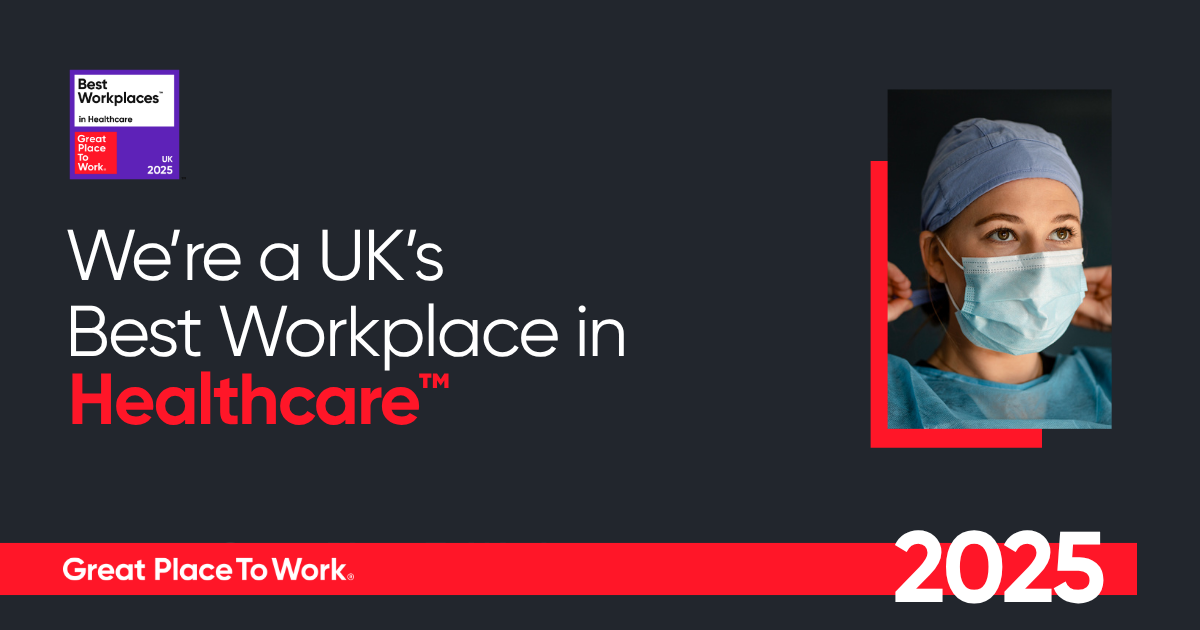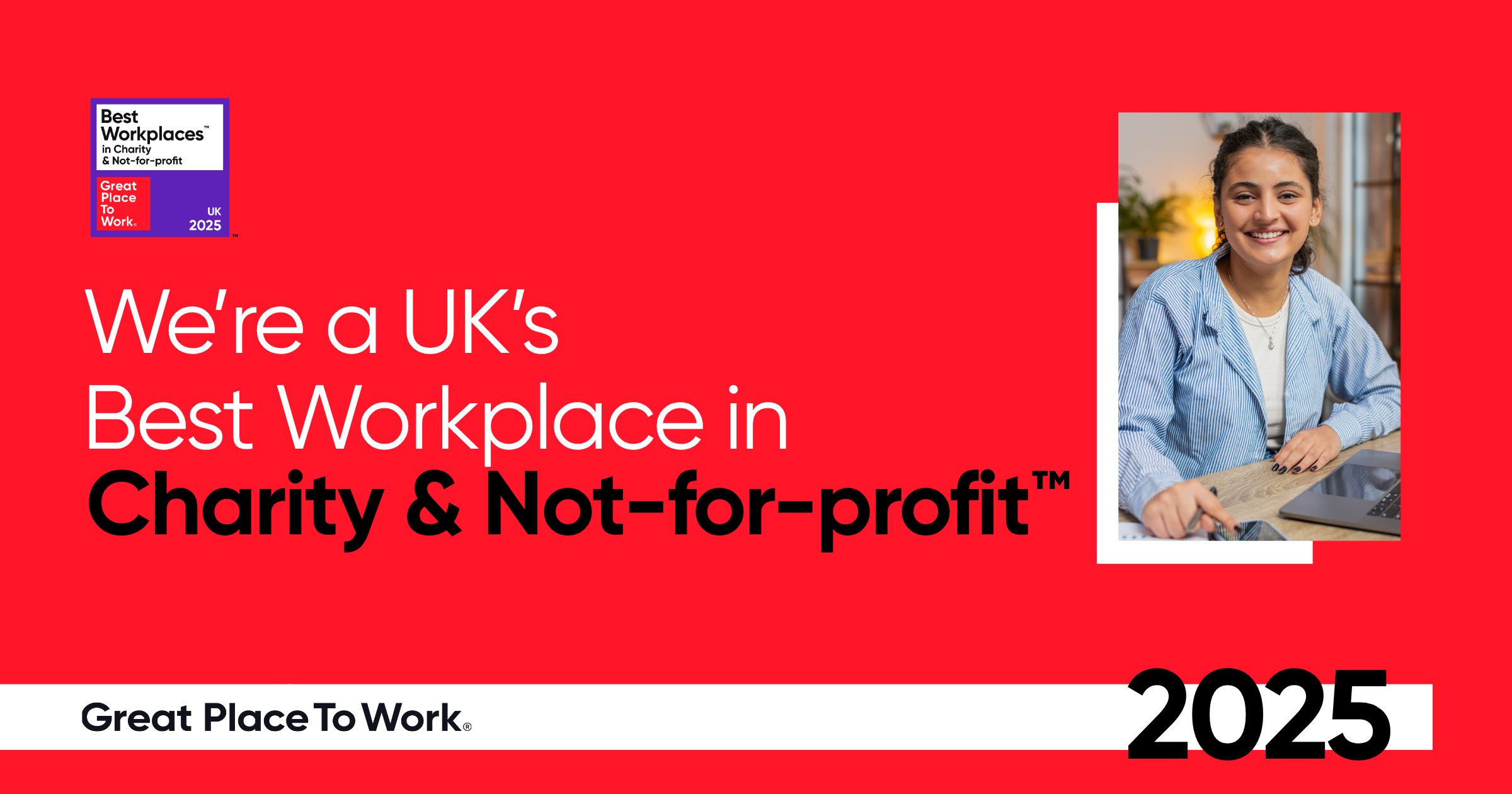Introduction
We are proud to announce that Apax has been recognised as a Finalist for the prestigious Markel 3rd Sector Care Awards 2025 in the Technology Award category. This recognition highlights our innovative VR Wellness initiative and its significant impact on mental health recovery for vulnerable adults in supported housing.
The Technology Award celebrates organisations that have effectively implemented technological solutions to enhance the quality of support and improve outcomes for service users. Being named a finalist alongside other pioneering organisations like Crossroads Care Surrey and The Tech Lending Library by Alternative Futures Group reflects the growing importance of digital innovation in the third sector and our commitment to harnessing technology to transform lives.
About the Markel 3rd Sector Care Awards
The Markel 3rd Sector Care Awards have become a highly respected fixture on the care sector events calendar over the past 11 years. These prestigious awards shine a spotlight on worthy individuals and organisations that improve the lives of people facing tremendous challenges across the UK.
Organised by Care Management Matters (CMM) and headlined by Markel UK, these awards specifically celebrate excellence and achievement within the voluntary, community, and social enterprise sector. The judging panel includes experts from various organisations, including Choice Support, the Nursing and Midwifery Council (NMC), the Association of Mental Health Providers, and the Royal Hospital Chelsea (RHC).
The Technology Award specifically recognises organisations that have implemented innovative technological solutions to enhance support services, improve efficiency, and create better outcomes for service users. This recognition comes at a time when technology is increasingly playing a vital role in addressing the complex needs of vulnerable adults.

Our VR Wellness Initiative
Our VR Wellness initiative represents a groundbreaking application of immersive technology to support mental health recovery in supported housing environments. Recognising that all residents in our supported housing services experience at least one mental health challenge, we identified virtual reality as a potentially transformative tool for promoting wellbeing and building confidence.
The programme was developed through strategic partnerships with leading technology providers Tripp and Meta, alongside technology solutions expert Insight. This collaborative approach allowed us to combine cutting-edge VR technology with evidence-based therapeutic content specifically designed for mental health support.
The initiative began with an eight-week trial, carefully structured to assess the impact of VR technology on residents' mental wellbeing and overall quality of life. Participants received:
- Regular access to specially designed VR equipment
- Therapeutic content focused on mindfulness, relaxation, and stress reduction
- Support from staff trained in facilitating VR sessions
- Integration of VR experiences with their broader support plans
This innovative approach exemplifies our commitment to harnessing digitalisation to enhance the quality of support we provide while remaining focused on our core mission of empowering vulnerable adults to achieve independence and wellbeing.
Technology's Role in Mental Health Support
The use of technology in mental health support represents a significant opportunity to enhance traditional approaches and reach individuals who might not otherwise engage with therapeutic interventions. Virtual reality, in particular, offers unique advantages for mental health support:
- Immersive experiences that can temporarily remove individuals from stressful environments
- Safe spaces to practice coping strategies and develop resilience
- Engaging formats that can increase participation and adherence to therapeutic programmes
- Personalised experiences that adapt to individual needs and preferences
- Consistent delivery of evidence-based interventions
Our approach integrates these technological advantages with compassionate human support, ensuring that technology enhances rather than replaces meaningful human connection. Support workers are trained to facilitate VR sessions, discuss experiences with residents, and help translate insights and strategies from the virtual environment to daily life.
One support worker shared: "The VR sessions have opened up completely new conversations with residents about their mental health. Many who struggled to engage with traditional talking therapies find it easier to discuss their experiences after a VR session. It's created a bridge to deeper support."
Resident Stories and Outcomes
The impact of our VR Wellness initiative has been profound, with measurable improvements in several key areas of residents' wellbeing and progress toward independence:
- Significant reduction in anxiety symptoms reported by participants
- Improved sleep quality and overall wellbeing
- Enhanced engagement with other support services and community activities
- Development of new coping strategies for managing stress and difficult emotions
- Increased confidence and self-efficacy
Most remarkably, 40% of residents who participated in the VR programme progressed to independent living arrangements following the trial—a success rate that highlights the potential of technology to accelerate recovery and promote autonomy.
One resident's journey particularly illustrates the programme's impact: "Before trying VR, I was skeptical. I'd tried so many different therapies for my anxiety and nothing seemed to help. The first session was a revelation—I could actually feel my body relaxing and my mind becoming calmer. Now I use the techniques I've learned every day, and I'm preparing to move into my own flat next month. I never thought that would be possible."
These outcomes align perfectly with our mission to provide exceptional supported housing services that transform lives and our vision of a society where vulnerable adults can achieve independence and wellbeing.

Challenges and Learnings
Implementing innovative technology in supported housing environments presents unique challenges, and our journey with the VR Wellness initiative has involved continuous learning and adaptation:
- Ensuring accessibility for residents with different abilities and technological comfort levels
- Balancing technology use with human connection and support
- Addressing concerns about privacy and data protection
- Managing and maintaining technological resources
- Measuring outcomes effectively to demonstrate impact
These challenges have provided valuable insights that have shaped the evolution of our programme and will inform our future technological innovations. We believe in transparency about both successes and difficulties, as this honesty contributes to the development of more effective support approaches across the sector.
Key learnings from our implementation include:
- The importance of thorough staff training to facilitate technological interventions effectively
- The value of starting with small-scale trials to refine approaches before wider implementation
- The need for flexible approaches that can adapt to individual preferences and needs
- The critical role of integrating technological innovations with existing support structures
- The benefit of collaborative partnerships with technology providers and experts
Final Thoughts
Being recognised as a finalist for the Markel 3rd Sector Care Awards Technology Award represents both an achievement and an inspiration to continue our journey of innovation in supported housing. While the award celebrates what we have accomplished so far, we see it primarily as encouragement to keep exploring how technology can enhance the support we provide and improve outcomes for vulnerable adults.
As we await the announcement of the winners at the ceremony on Friday 14th March at The Grand Hotel in Birmingham, we remain focused on our mission and our commitment to excellence in everything we do. Whether or not we bring home the award, being named a finalist validates our approach to innovation and inspires us to continue pushing boundaries.
We extend our sincere gratitude to our dedicated team, our technology partners, and most importantly, our residents, whose courage and openness to new approaches have made this recognition possible. We also wish to congratulate all the other finalists across all categories, whose remarkable work continues to transform lives across the third sector.
Together, we are demonstrating that technology, when applied with compassion and purpose, has the power to enhance support, promote independence, and transform the lives of vulnerable adults across the UK.




